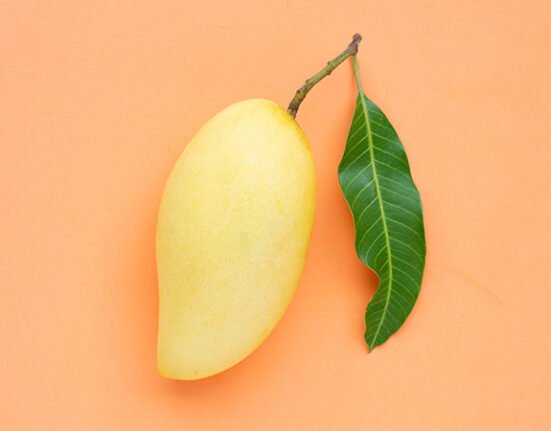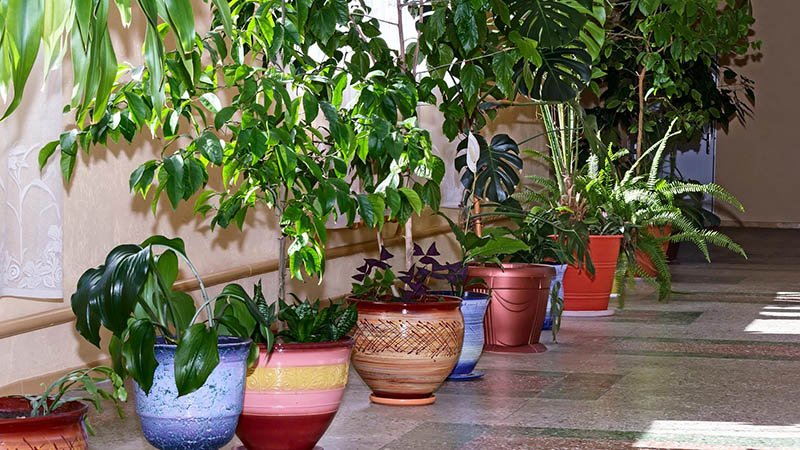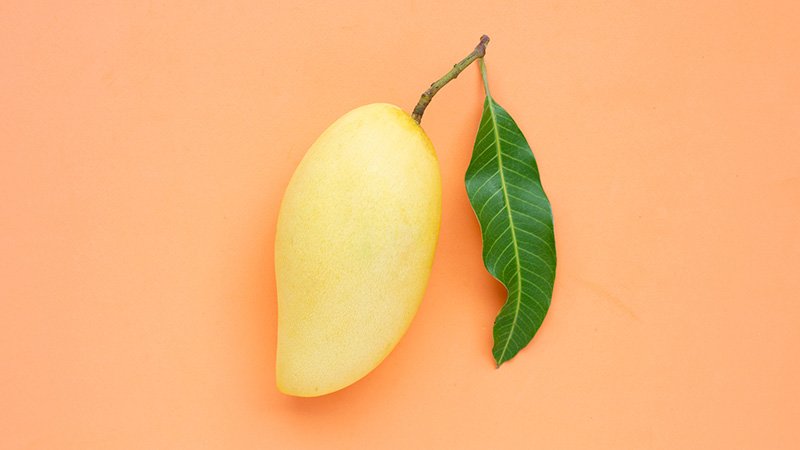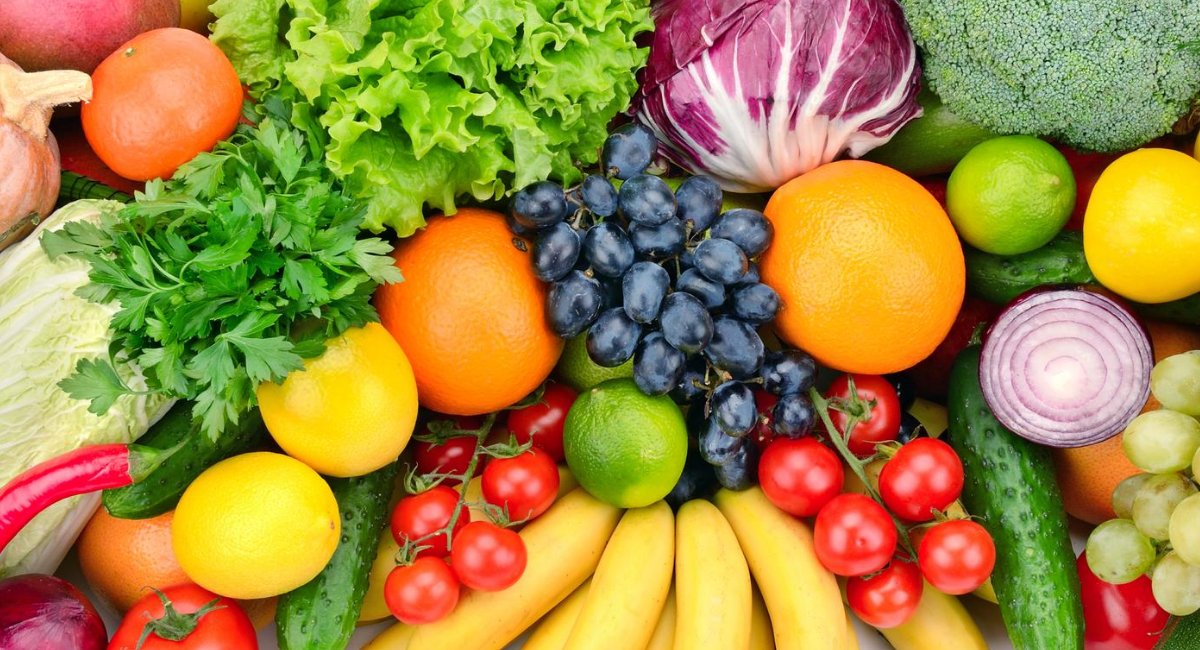10 Tips for Growing a Successful Garden
Growing your own garden can be a rewarding experience. Not only does it provide fresh produce and beautiful blooms, but it can also improve mental and physical well-being. However, gardening can be a daunting task, especially if you’re new to it. That’s why we’ve compiled a list of 10 essential tips to help you grow a successful garden.
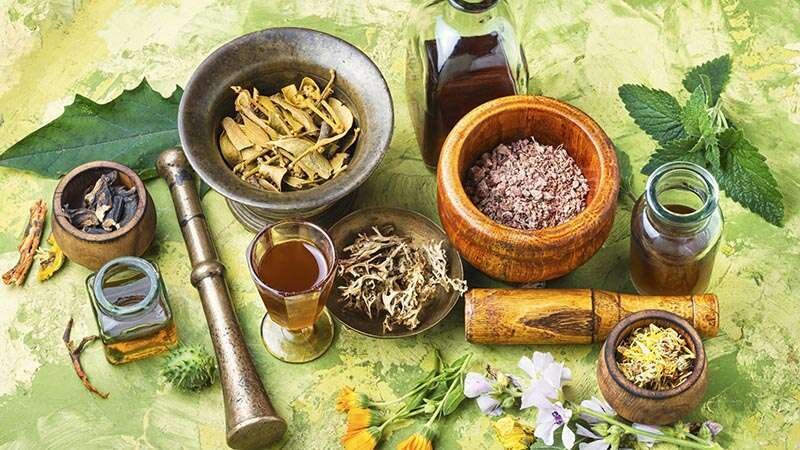
Tip 1: Start with the right soil
Good soil is the foundation of a healthy garden. Start by testing your soil’s pH level to determine what amendments it needs. You can purchase soil testing kits at your local garden center or online. Once you’ve determined your soil’s pH level, add organic matter such as compost, leaf mold, or well-rotted manure to improve soil fertility and texture.
Tip 2: Choose the right plants for your region and climate
Selecting plants that can thrive in your area is crucial to garden success. Research your plant hardiness zone and microclimates to determine what plants will grow well in your region. Choosing native plants and climate-appropriate varieties can help ensure that your garden thrives.
Tip 3: Water your garden properly
Watering your garden is crucial for plant growth and health. Make sure to water deeply and infrequently to encourage deep root growth. Use a watering can, drip irrigation system, or soaker hose to apply water directly to the soil. Mulching can also help retain moisture in the soil and reduce water evaporation.
Tip 4: Provide adequate sunlight and shade
Most plants need at least six hours of sunlight a day to thrive. However, some plants prefer partial shade or full shade. Determine what light conditions your plants need and place them accordingly.
Tip 5: Fertilize your garden regularly
Fertilizing your garden provides essential nutrients to your plants. Choose a fertilizer that is appropriate for your soil and plants, and follow the package instructions for application rates. Organic options such as compost or fish emulsion are great alternatives to chemical fertilizers.
Tip 6: Control pests and diseases
Pests and diseases can quickly damage or kill plants in your garden. To prevent infestations, practice good garden hygiene and remove dead or diseased plants. Use natural remedies such as neem oil or insecticidal soap to control pests, and apply fungicides to prevent fungal diseases.
Tip 7: Prune and trim plants regularly
Regular pruning and trimming can help keep your plants healthy and attractive. Use sharp, clean tools and follow proper pruning techniques to avoid damaging your plants. Pruning also encourages new growth and improves air circulation, which can help prevent diseases.
Tip 8: Weed your garden regularly
Weeds compete with your plants for water, nutrients, and sunlight. To prevent weed growth, mulch your garden with organic materials such as straw or wood chips. Hand pull or use a hoe to remove weeds as soon as they appear.
Tip 9: Harvest your crops at the right time
Harvesting your crops at the peak of their ripeness and flavor ensures that you get the best taste and quality. Use a harvest guide to determine when to pick your crops. Some plants, such as tomatoes, will continue to ripen off the vine, so don’t be afraid to pick them a little early.
Tip 10: Learn from your mistakes and successes
Gardening is a learning experience. Reflect on your successes and failures to determine what works and what doesn’t. Keep a gardening journal to record your observations and make notes for next year’s garden.
FAQ | Suggestion and TIPS
FAQ
Q: How often should I water my garden?
A: Water deeply and infrequently, about once a week depending on weather conditions.
Q: What is the best way to control pests in my garden?
A: Use natural remedies such as neem oil or insecticidal soap, or introduce beneficial insects such as ladybugs or praying mantis to help control pest populations.
Q: How do I know if my soil needs amendments?
A: Test your soil’s pH level with a soil testing kit, available at your local garden center or online. Based on the results, add organic matter such as compost or well-rotted manure to improve soil fertility and texture.
Suggestion Tips:
Consider planting companion plants to deter pests and attract beneficial insects.
Use raised beds or containers if you have poor soil or limited space.
Rotate your crops each year to prevent soil-borne diseases and pests.
Consider starting small with a few plants and gradually expanding your garden.
Information Tips:
Different plants have different light, soil, and water requirements. Research your plants’ needs before planting.
Some vegetables and herbs can be grown indoors or in containers year-round.
Incorporating organic matter into your soil can improve soil structure, drainage, and fertility.
Pruning and trimming your plants can also help control their size and shape, as well as promote healthy growth.
FAQs
Conclusions:
Growing a successful garden takes time and effort, but with these tips, you’ll be well on your way to a bountiful harvest. Remember to always learn from your successes and failures, and don’t be afraid to experiment and try new things. Happy gardening!


